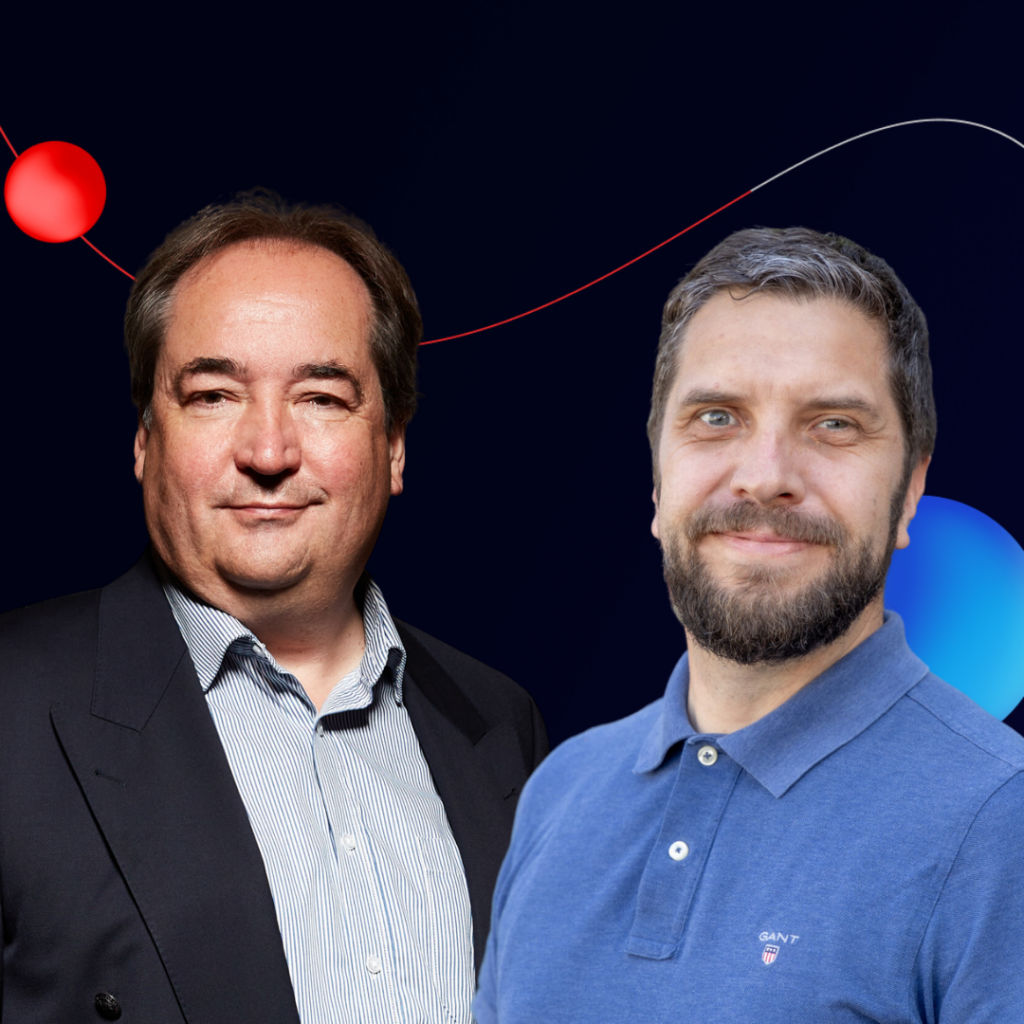5 Research Luxembourg researchers on the Highly Cited Researchers 2022 list
21 November 2022

Research Luxembourg
Five Luxembourg researchers – Dr Bohn, Professors Stéphane Bordas, Michael Heneka, Alexandre Tkatchenko and Paul Wilmes – are featured in the 2022 edition of the prestigious international ranking, the “Highly Cited Researchers” report by Clarivate.
Each year, Clarivate™ recognises the world’s most influential academics in its annual “Highly Cited Researchers” report. The list identifies global research scientists and social scientists “who have demonstrated exceptional influence – reflected through their publication of multiple papers frequently cited by their peers during the last decade”. These highly cited papers rank in the top 1% by citations for a field or fields and publication year. Of the world’s population of scientists and social scientists, Highly Cited Researchers are 1 in 1,000.
This year, five Luxembourg researchers the Luxembourg Institute of Health (LIH) and from the University of Luxembourg – are featured in the 2022 edition of this prestigious international.
Dr Torsten Bohn
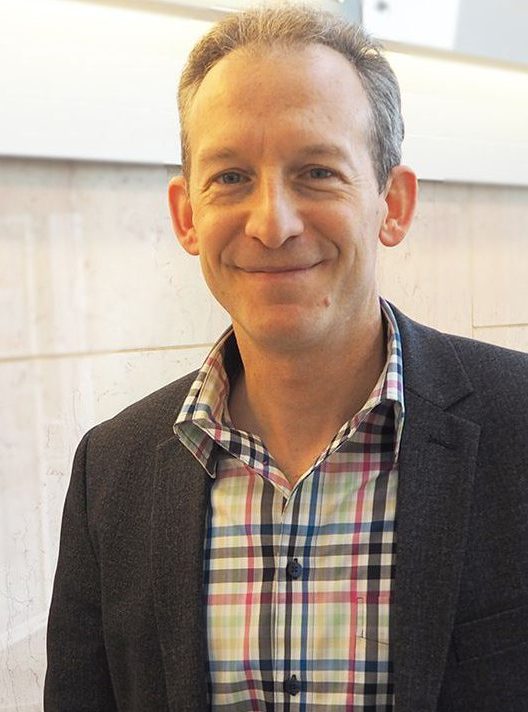
Dr. Torsten Bohn is a food chemist and nutritionist by training. He is currently heading the Nutrition and Health Group at the Luxembourg Institute of Health, at the Department of Population Health.
The Group activities include scrutinising nutritional exposure through food patterns and (non-) nutrient characterisation, and modelling the diet-disease relationship, with a particular focus on metabolic and health related conditions. More specifically, the group seeks to provide the research, medical and general population communities with easy-to-use (bio-)markers to assess emerging risk factors of morbidities, such as oxidative stress, antioxidant status, inflammation, and body composition disturbances.
Dr Bohn is also an adjunct associate Professor at Luxembourg University, where he is teaching. Furthermore, he is Editor-in-Chief of the International Journal for Vitamin and Nutrition Research since 2014.
Prof. Stéphane Bordas
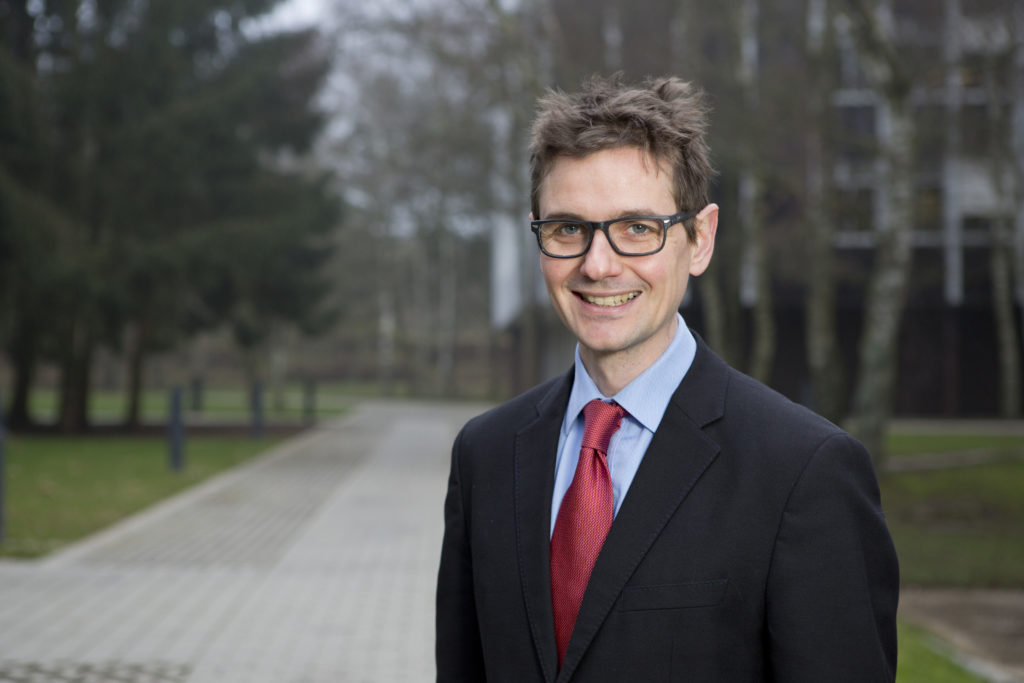
Stéphane Bordas is a multi-disciplinary computational and data science researcher, educator, mentor and coach. He was trained as an engineer and applied mathematician who has been teaching and researching in computational sciences in various capacities since 1999. He has been in the top 1% most cited in his field, worldwide since 2015 (ISI Clarivate).
Stéphane Bordas leads the Legato Team (legato-team.eu) at the Faculty of Science, Technology and Medicine (FSTM), a multi-disciplinary team of about 30 researchers of a dozen nationalities. He is focusing on leveraging the rigour of mathematics to bring intuition into the behaviour of complex systems. In particular, he has pioneered new approaches to guarantee the quality of surgical simulation devices.
His philosophy is to create methodologies which translate across discipline boundaries. For example, the methodological backbone of his PhD thesis supports applications in fracture mechanics, nanoscale heterogeneities, biofilm growth, cancer growth, astrocytic metabolism and many others. Recently, his team has become involved, through the Institute of Advanced Studies of the University of Luxembourg, in the nascent field of Computational Archaeology.
Prof. Michael Heneka
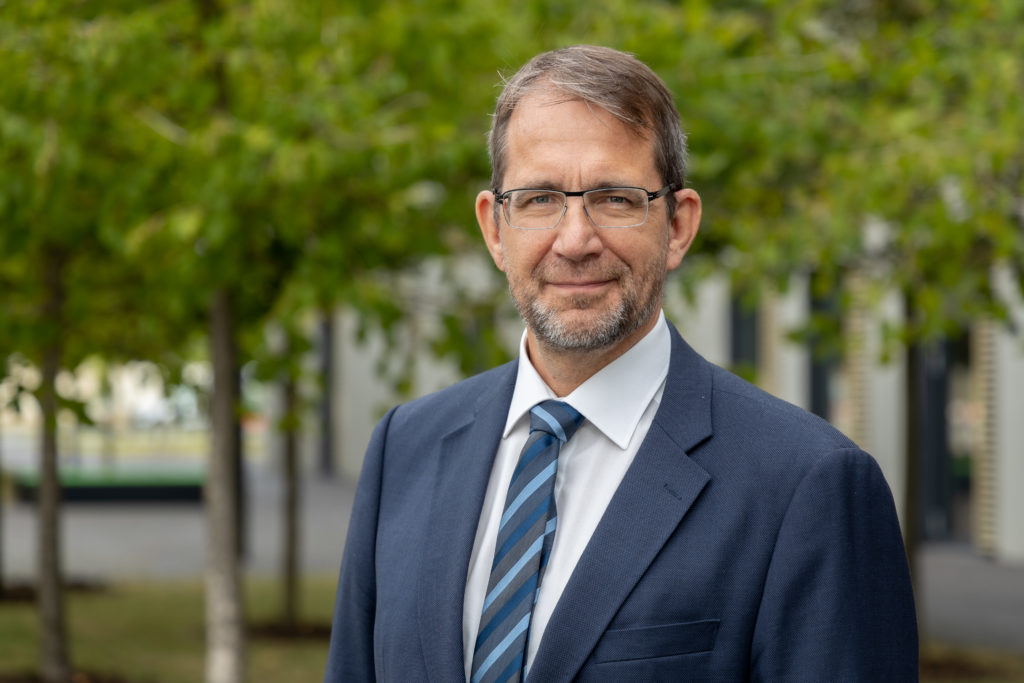
Prof. Michael Heneka is a board-certified neurologist and clinician-scientist with extensive experience in studying neurodegenerative diseases at experimental, preclinical and clinical levels. He studied medicine in Tübingen, Lausanne and London and joined the Department of Neurology at the University of Bonn in 1999. After his clinical board examination and habilitation, he took the chair as professor for Molecular Neurology at the University of Münster in 2004.
In 2008, he was appointed professor for Clinical Neurosciences at the University of Bonn, heading the DFG Clinical Research Unit 177. Prof. Heneka established a neurodegenerative outpatient unit at the University of Münster and thereafter at the University of Bonn. The latter has been the basis for the foundation of the Dept. of Neurodegenerative Disease and Geriatric Psychiatry, which he headed from 2016 to 2021.
Since January 2022, he is the director of the Luxembourg Centre for Systems Biomedicine (LCSB) at the University of Luxembourg. At the LCSB, Prof. Heneka is also heading the Neuroinflammation group, which is involved in fundamental and translational research with a focus on neurodegeneration and neuroinflammation.
Prof. Alexandre Tkatchenko
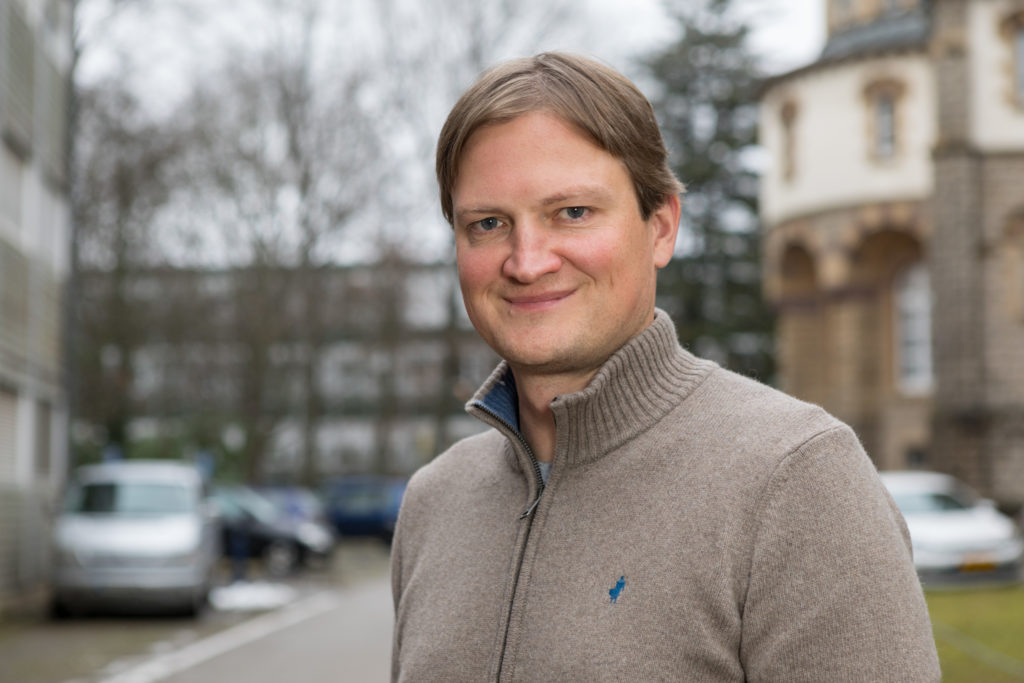
Alexandre Tkatchenko is a Professor of Theoretical Chemical Physics at the University of Luxembourg and also Head of the Department of Physics and Materials Science (DPhyMS) at the Faculty of Science, Technology and Medicine (FSTM). He obtained his Bachelor degree in Computer Science and a PhD in Physical Chemistry at the Universidad Autonoma Metropolitana in Mexico City. Between 2008 and 2010, he was an Alexander von Humboldt Fellow at the Fritz Haber Institute of the Max Planck Society in Berlin.
Between 2011 and 2016, he led an independent research group at the same institute. Since 2007, he has given more than 280 invited talks, seminars and colloquia worldwide, and currently serves on the editorial boards of two scientific society journals: Physical Review Letters (APS) and Science Advances (AAAS). He has received a number of awards, including elected Fellow of the American Physical Society, the van der Waals Prize from NCNI-2021, the 2020 Dirac Medal from WATOC, the Gerhard Ertl Young Investigator Award of the German Physical Society, and four flagship grants from the European Research Council: a Starting Grant in 2011, a Consolidator Grant in 2017, a Proof-of-Concept Grant in 2020, and an Advanced Grant in 2022.
Prof. Paul Wilmes
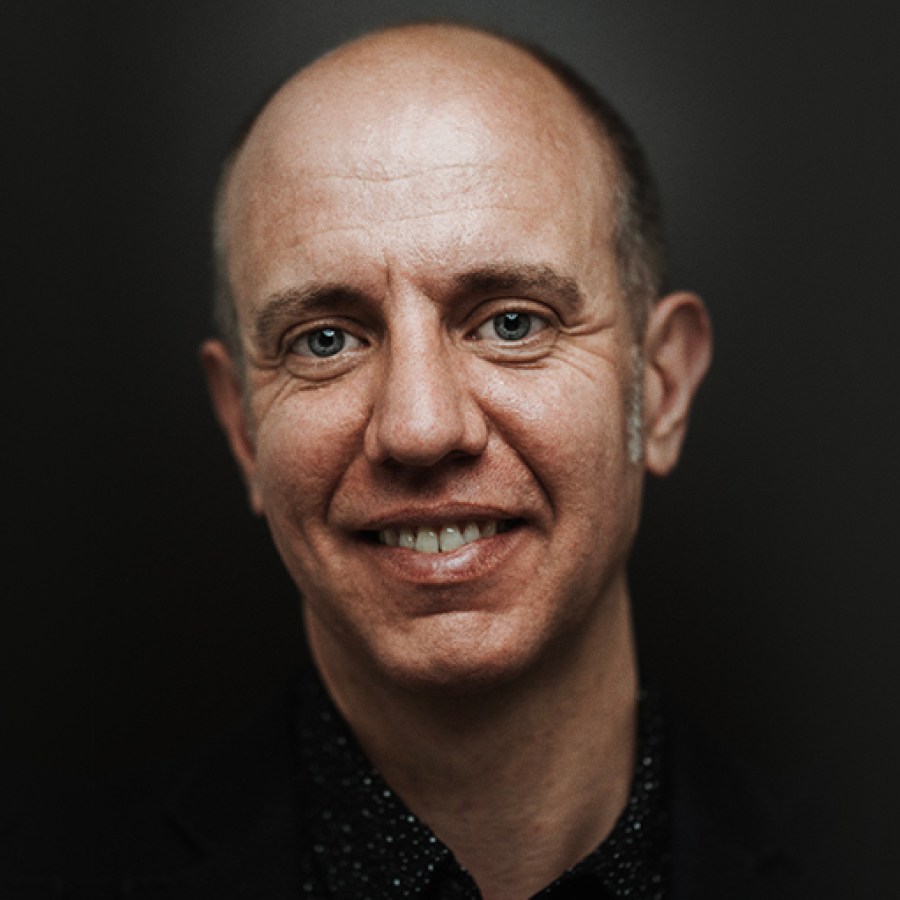
Paul Wilmes is Full Professor of Systems Ecology and holds appointments at the Luxembourg Centre for Systems Biomedicine (LCSB) and in the Department of Life Sciences and Medicine within the Faculty of Science, Technology and Medicine of the University of Luxembourg. He heads the Systems Ecology Research group at the LCSB.
As a British Chevening Scholar, Paul Wilmes earned his PhD from the School of Environmental Sciences at the University of East Anglia in Norwich in 2006. For part of his doctoral research, he spent time as a German Academic Exchange Service Visiting Scientist at the Max Planck Institute for Marine Microbiology in Bremen. He subsequently carried out postdoctoral research at the University of California, Berkeley from where he returned in 2009 to his native Luxembourg through the ATTRACT fellowship scheme of the Luxembourg National Research Fund (FNR). He initially established his research group at the Centre de Recherche Public – Gabriel Lippmann (now Luxembourg Institute of Science and Technology) but later joined the LCSB.
Prof. Wilmes is an elected full member of the Institut Grand-Ducal, Section des Sciences naturelles, physiques et mathématiques, and of the Académie Lorraine des Sciences. He has authored more than 130 peer-reviewed publications and has won several prizes for his scientific work. He is a frequently invited speaker at international scientific symposia and academic institutions.

